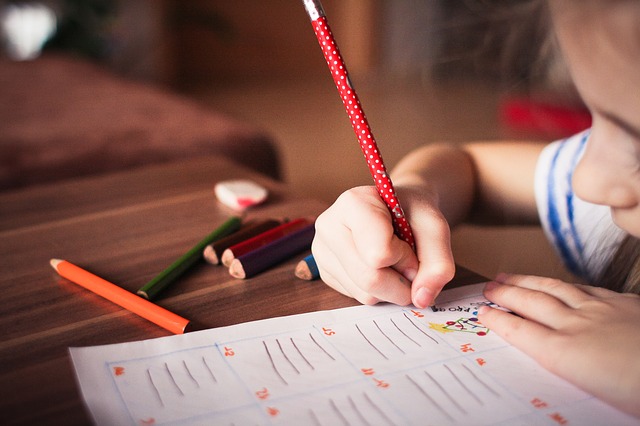What are fine motor skills and why are they important?
Fine motor skills refer to the use of the hands’ smaller muscles, which are important when completing tasks such as using scissors or other instruments, tying shoelaces or buttoning clothes. Fine motor skills are integral to a child’s development as they play a crucial role in the child’s ability to perform everyday self-care and school activities, such as dressing, feeding and using cutlery, handwriting and utilizing scissors. If these skills are inadequately developed, it may impact on the child’s self-esteem and development, as their ability to completely basic life skills is compromised.
How can poor motor skills affect my child?
While every child is different, common effects of poorly developed motor skills may include:
– Behavioural issues such as refusal or avoidance to engage in activities requiring motor tasks, or frustration or anxiety when asked to complete these tasks
– Effects on self esteem as they identify their own skills to be behind those of their peers
– Problems with academic performance (they may have strong verbal communication skills however they may have difficulties with their written work)
– Poor computer and typing skills
– Poor ability to complete self-care tasks that are appropriate for their age (e.g. buttoning or zipping up clothes, tying shoelaces, using cutlery)
What are the signs of difficulties with motor skills?
If you are concerned about your child’s motor skills development, common signs that may indicate difficulties are:
– Poor penmanship with uncoordinated pencil grasp
– Messy colouring or drawing skills
– Quick to become tired when using a computer or other fine motor tasks
– Avoid or dislikes activities requiring hand-eye coordination, such as using lego blocks
– When using scissors, achieves a messy outcome
– Difficulties with manipulating objects such as tying shoelaces, buttoning clothing, using a needle and thread
How does Occupational Therapy help children develop their fine motor skills?
Children or individuals who have significant trouble with performing fine motor skills exercises are often referred to an occupational therapist (OT). The OT works with the child and their parents, carers and/or teachers to formulate a therapy plan to address the child’s individual needs. Although the therapy differs between individuals, progressing the development of fine motor skills usually involves:
– Identifying which hand is dominant for the child and emphasizing its use to improve performance, whilst also practicing using both hands to complete activities
– Practice using individual fingers (not all fingers at the same time)
– Incorporating the use of pegs or clips in play to promote finger and grasp strength
– Beading, threading or lacing tasks
– Tasks involving construction that involve pulling and pushing exercises with the fingers
– Games involving manipulation skills such as Connect 4 or picking up small objects
– Various craft activities using scissors, tape, implements (e.g. jars) with screw lids
– Encouraging participation in fine motor tasks to enhance enjoyment

